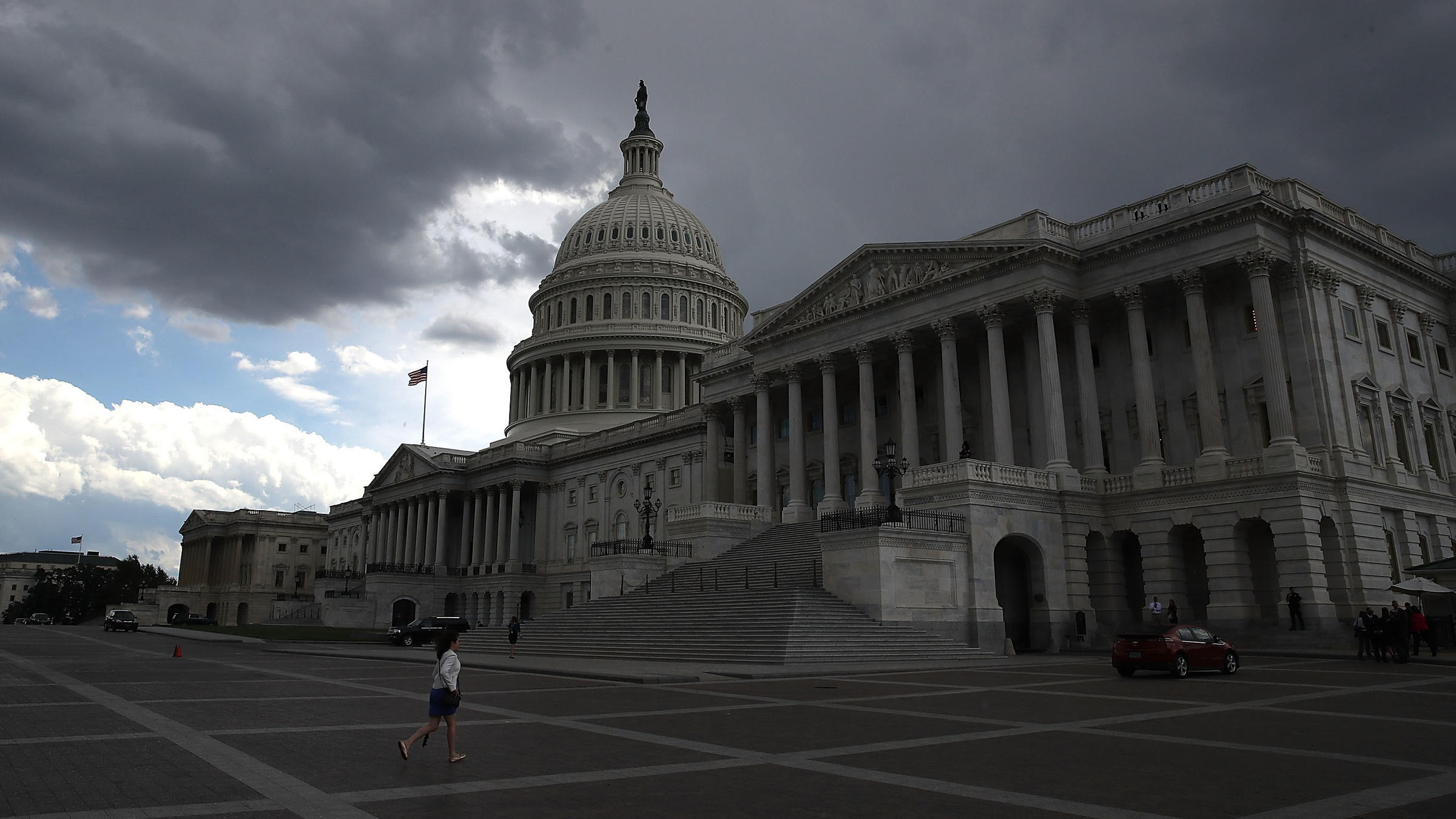While the everyone was digesting the news about Facebook and Cambridge Analytica scandal, the U.S. government quietly passed a piece of legislation that has far bigger implications for your data. The new U.S. CLOUD Act also makes it much easier for law enforcement to access overseas data that might be stored on foreign servers.
Signed into law by Donald Trump, the tagged-on legislation is aimed at crossing borders in pursuit of data no matter the domestic privacy legislation in place. It essentially eases law enforcement’s ability to pursue investigations across borders, while also making it easier to access any information on the home front.
The recently amended federal spending bill in the U.S. has provisions that substantially decrease the barriers to law enforcement agencies entitlement to a person’s emails, documents and anything else available electronically, regardless of international borders. The bill has raised eyebrows in the cryptocurrency community, as another example of the heavy-handedness of the government and encroachment on individual rights.
Notable Bitcoin advocate Andreas Antonopolous responded by urging the use of encryption methods to secure your data.
The CLOUD Act passed. It destroys privacy globally, so it had to be snuck into the $1.3 trillion omnibus without debate.
Encrypt. Encrypt. Encrypt. Go Dark.
When privacy is criminalized, only criminals have privacy. We got sold out, again. pic.twitter.com/Ms5bm1opBo
— Andreas M. Antonopoulos (@aantonop) March 23, 2018
There are of course plenty of cryptocurrencies that keep users data private such as Monero and Zcash. There is also Particl, an open-source, decentralized blockchain project, has tweeted about the implications of the new legislation and reiterated its insistence that “the best way to keep your data secure is to not share it in the first place.”
Privacy is under attack!
We, at Particl, believe that the best way to keep your data secure is to not share it in the first place. You are not safe unless you are completely in control. Trust no one but yourself.#Encryption#Privacy#DeleteFacebook#OmnibusBill#Equifax pic.twitter.com/VqlAsXeFhQ
— Particl [PART] (@ParticlProject) March 24, 2018
Employing a blockchain structure that promises complete control on access and privacy, the project also issues the PART token that users can employ to access their platform and maintain their privacy. The outfit is not alone in its concern about the way the Clarifying Lawful Overseas Use of Data (CLOUD) Act was passed and what it contains.
The newly passed CLOUD Act, signed into law on March 23, 2018, was stashed deep down inside voluminous other information and legislation. Lawmakers in the house would have had to reject the whole package in order to oppose the CLOUD Act component, something that would risk government shutdown.
The act is an attempt to both broaden and enhance law enforcement agencies’ abilities to police international online activity, anathema to many in the community. Observers are worried that beyond the general truth that government interference online is seldom a good thing, the legislation is both targeted and potentially highly invasive in its reach.
Responses such as those from Particl are emerging as regulators hack away at the fundamental building blocks of privacy legislation in the U.S. A vocal response to lawmakers’ constant erosion of a citizen’s right to online privacy is emerging in the wake of the act being signed into law.
Although the president and chief legal officer of Microsoft, Brad Smith, said on March 21, 2018 that the bill was “a strong statute and a good compromise,” many have a wary eye on encroaching legislation that enables authorities’ access to private lives.
While many commentators see nothing but the loss of privacy in the new laws, Microsoft officially feels that the legislation:
“gives tech companies like Microsoft the ability to stand up for the privacy rights of our customers around the world,”
As proponents applaud the legislation, others see it as a fundamental affront to life on the blockchain.
The CLOUD Act modernizes the rules that govern criminal investigators who seek access to emails, documents, and conversations on the internet. Now those agencies are no longer prevented from access to, for example, a person’s Outlook account, simply because Microsoft has stored that information on Irish servers, resulting in greater global policing capacity in the future.
For now at least, legislators have determined that citizens’ safety is more important than claims to digital privacy. Then again, we’ve seen what can happen when security supplants privacy. And it doesn’t ultimately leave citizens feeling safer. This of course brings to mind the famous quote by one of Americas founding fathers, Benjamin Franklin:
“They that can give up essential liberty to obtain a little temporary safety deserve neither liberty nor safety. Those Who Sacrifice Liberty For Security Deserve Neither. He who would trade liberty for some temporary security, deserves neither liberty nor security.”





Comments are off this post!